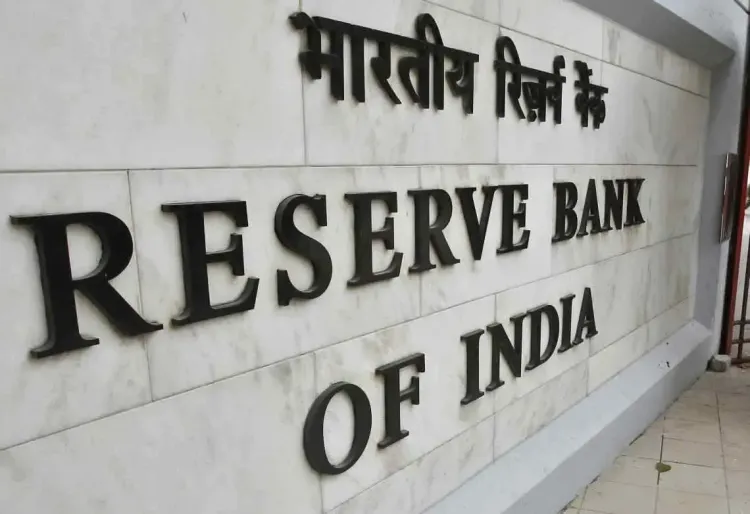What New Steps is RBI Taking to Internationalise the Rupee?

Synopsis
Key Takeaways
- RBI is enhancing the global acceptance of INR.
- New regulations will facilitate cross-border trade.
- SRVA holders can now invest in corporate bonds.
- Additional reference rates will boost forex market integration.
- RBI aims to increase liquidity for international transactions.
Mumbai, Oct 1 (NationPress) The Reserve Bank of India (RBI) has unveiled additional measures aimed at enhancing the global utilization of the Indian Rupee and local currencies in international trade transactions.
According to RBI Governor Sanjay Malhotra, the government has been actively working towards the internationalisation of the rupee, a process intended to establish the Indian currency as a widely accepted medium for global trade, finance, and investment. “We are making consistent strides in this direction,” he stated.
In a carefully considered move, it has been decided that Authorized Dealer banks in India, along with their international branches, will be allowed to extend loans in INR to residents and banks in Bhutan, Nepal, and Sri Lanka, aimed at facilitating cross-border trade transactions. Amendments to the regulations will be announced soon, as per an RBI statement.
To further encourage the settlement of cross-border transactions in INR and local currencies, the Reserve Bank of India has been progressively relaxing regulations under the Foreign Exchange Management Act. The statement underscored the necessity for making INR liquidity available and accessible to residents of other nations.
Another significant step taken is the approval for Financial Benchmarks India Limited to publish additional reference rates.
The evolution of the Forex market has contributed to the increasing integration of the Indian economy with the global market regarding trade and capital flows. Currently, Financial Benchmarks India Limited (FBIL) publishes reference rates for USD, EUR, GBP, and JPY against INR.
These reference rates are extensively used for the settlement of Forex transactions, including derivatives. It is now proposed to add select currencies from India's major trading partners to the list of reference rates published by FBIL. This initiative is expected to deepen the onshore Forex market and encourage banks to quote directly in a broader range of currency pairs, thereby eliminating the need for multiple currency conversions and enhancing trade efficiency. FBIL has been directed to publish the new reference rates in consultation with the market, as stated officially.
Furthermore, the RBI has decided to broaden the investment options for holders of Special Rupee Vostro Accounts (SRVA).
To bolster exports from India and cater to the growing interest of the global trading community in INR, the RBI had introduced SRVA in July 2022, facilitating invoicing, payment, and settlement of exports/imports in INR.
This arrangement allowed for Rupee surplus balances in SRVA to be invested in government securities, including treasury bills. To expand the investment avenues for SRVA holders, it has now been decided to permit these account balances to be invested in corporate bonds and commercial papers. The revised regulations will be announced shortly, as per the RBI statement.









